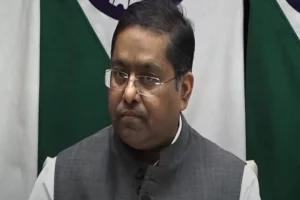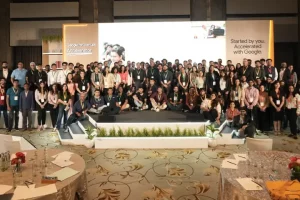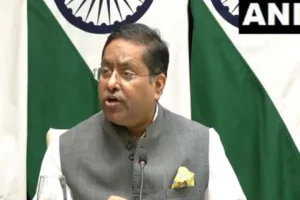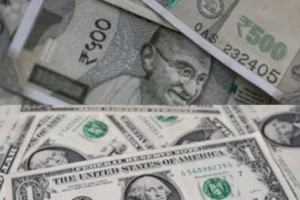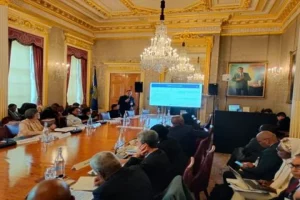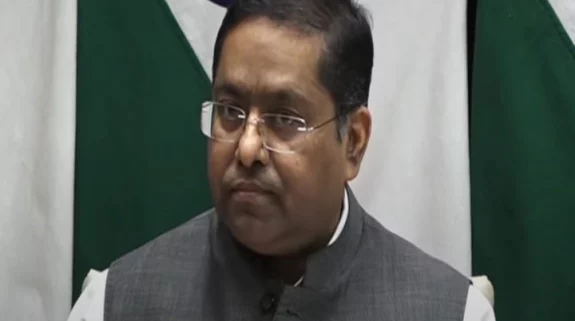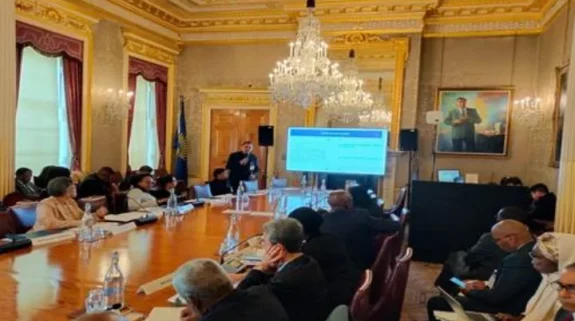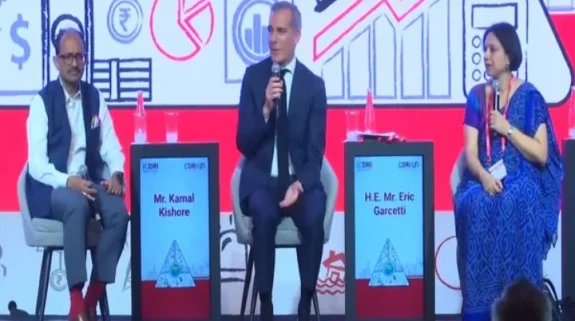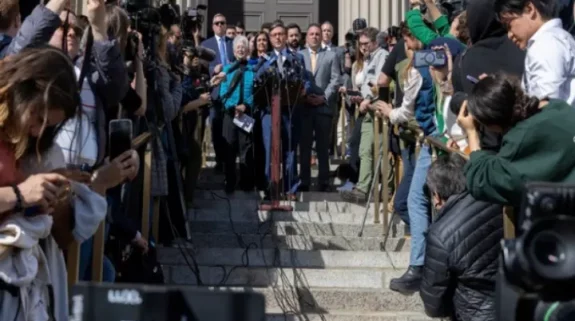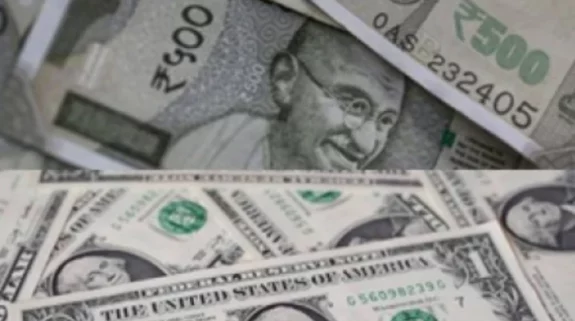Chinese military jets have repeatedly violated Taiwan air space with increasing frequency this year in a bid to browbeat and force the island nation to accede to the mainland's sovereignty. The communist nation has used every possible threat, including that of waging a war, against a democratic Taiwan just before its National Day, which falls on October 10.
China is paranoid over Taiwan, or anything and anyone that has to do anything with its tiny eastern neighbor. Besides mounting pressure on the island through regular incursions into its maritime and air territories, even launching missiles into the sea, Beijing even keeps doling out threats regularly to other countries over establishing relations with Taiwan.
Taiwanese Defence Minister Yen Teh-fa told the Foreign and National Defense Committee of the Taiwan parliament on Wednesday that the island nation had to scramble its aircraft 2,972 times to keep a check on violations by Chinese aircraft. He said: "Recently the pressure has been great. To say otherwise would be deceiving people."
<strong>Read more: <a href="https://indianarrative.com/opinion/taking-a-leaf-out-of-chinas-strategy-india-courts-taiwan-7926.html">Taking a leaf out of China’s strategy, India courts Taiwan</a></strong>
Despite the pressures mounted by Chinese Leader for Life Xi Jinping over Taiwan, the latter has given it as good as it gets. Current Taiwanese President Tsai Ing-wen, who won her second term recently is a staunch supporter of complete independence from China. After having been elected as president the first time in 2016, she reached out to US President Donald Trump and the two leaders established formal relations—much to China's dislike.
This year, in August, US Health Secretary Alex Azar met Taiwanese President Tsai Ing-wen, making him the senior-most American politician to visit the island in over 40 years. Uncomfortable at Washington-Taipei relations, Beijing immediately issued a statement: "China firmly opposes any official interactions between the US and Taiwan" adding that this visit should "not to send any wrong signals to ‘Taiwan independence' elements to avoid severe damage to China-US relations".
A month later, the prickly Chinese government flew 18 Chinese bombers and fighters into Taiwan airspace during US Undersecretary for Economic Affairs Keith Krach's visit to Taipei for former President Lee Teng-hui's memorial service, not just pushing China-US relations further downhill but also creating an uneasy and militaristic atmosphere in the region.
<strong>Read more: <a href="https://indianarrative.com/world/trudeau-sends-canada-ship-to-exercise-with-us-japan-navy-in-east-china-sea-16456.html">Trudeau sends Canada ship to exercise with US, Japan Navy in East China Sea</a></strong>
Interfering in other countries' internal and external affairs comes naturally to Beijing, particularly where Taiwan is concerned. The Chinese embassy in Delhi issued a rather unusual advice for Indian media this Wednesday, asking it to not refer to Taiwan as a country or nation. The 'advice' also asked Indian journalists to not call the Taiwanese President as "President" and to not violate the "one-China principle."
The Indian media threw the diktat into the waste paper bin while the Taiwanese Ministry of Foreign Affairs retorted with contempt: "#IndiaFlag of India is the largest democracy on Earth with a vibrant press & freedom-loving people. But it looks like communist #China is hoping to march into the subcontinent by imposing censorship. #Taiwan'sFlag of Taiwan Indian friends will have one reply: GET LOST! JW"
Despite the fact that barely a dozen nations have diplomatic relations with the small spunky island situated just 160 km from China, across the waters of the Taiwan Strait, any mention of Taiwan makes China jumpy and belligerent. For most part of this year, its diplomats and State-controlled have unleashed a barrage of threats for Taiwan, which it refuses to address by name and calls a "breakaway province."
<strong>Read more: <a href="https://indianarrative.com/world/foreign-firms-relocating-from-hong-kong-over-draconian-chinese-law-12200.html">Foreign firms relocating from Hong Kong over draconian Chinese law</a></strong>
Ironically, the more China asserts itself in an authoritarian manner, the faster the Taiwanese lose confidence in improving relations with big brother. The Taiwanese are clear that they have nothing to do with China or the Chinese Communist Party (CCP).
This Wednesday, the well-known and equally notorious journalist, Hu Xijin, editor-in-chief of the Chinese state-sponsored <em>Global Times</em>, doled out a threat through his column: "The only way forward is for the mainland to fully prepare itself for war and to give Taiwan secessionist forces a decisive punishment at any time."
This is not an empty threat even if it comes from a poorly respected media outlet and a jingoistic editor. Undeterred by intimidatory tactics and warnings, President Tsai has promised to defend the country with a solid air force and the US—a staunch all-weather ally—has often responded with its formidable armada sailing in the seas around Taiwan, providing the island a much-needed protective cover.
<strong>Read more: <a href="https://indianarrative.com/world/china-national-day-world-criticizes-india-appeases-15878.html">China National Day: World criticizes, India appeases</a></strong>
The two countries recently held a virtual US-Taiwan Defence Industry Conference to develop state-of-the-art weapon systems. This bonhomie extends to defence training, intelligence sharing as well as hardware and software exchanges. It is not just military partnership between the fledgling democracy and the world's oldest democracy that binds Taipei and Washington. The bond runs deeper.
This year as the spread of coronavirus from Hubei Province in China exposed the chinks in world health systems and dealt a severe blow to global supply chains, the two nations came together to hold discussions on alternate supply chains in a bid to stave off future shocks. During the middle of the coronavirus crisis, Taiwan ensured that it provided the world with quality healthcare supplies to ward off the virus.
Now, with the Quad—India, Australia, Japan and the US—becoming a formal entity faster than anyone could have imagined, what China considers its backwaters is now rife with activity. The Taiwanese, meanwhile, are going ahead with National Day celebrations under the looming shadow of a Chinese invasion and also American protection.
<strong>Read more: <a href="https://indianarrative.com/world/quad-meet-india-for-strong-info-pacific-and-open-seas-16325.html">Quad meet: India for strong Indo-Pacific and open seas</a></strong>.







